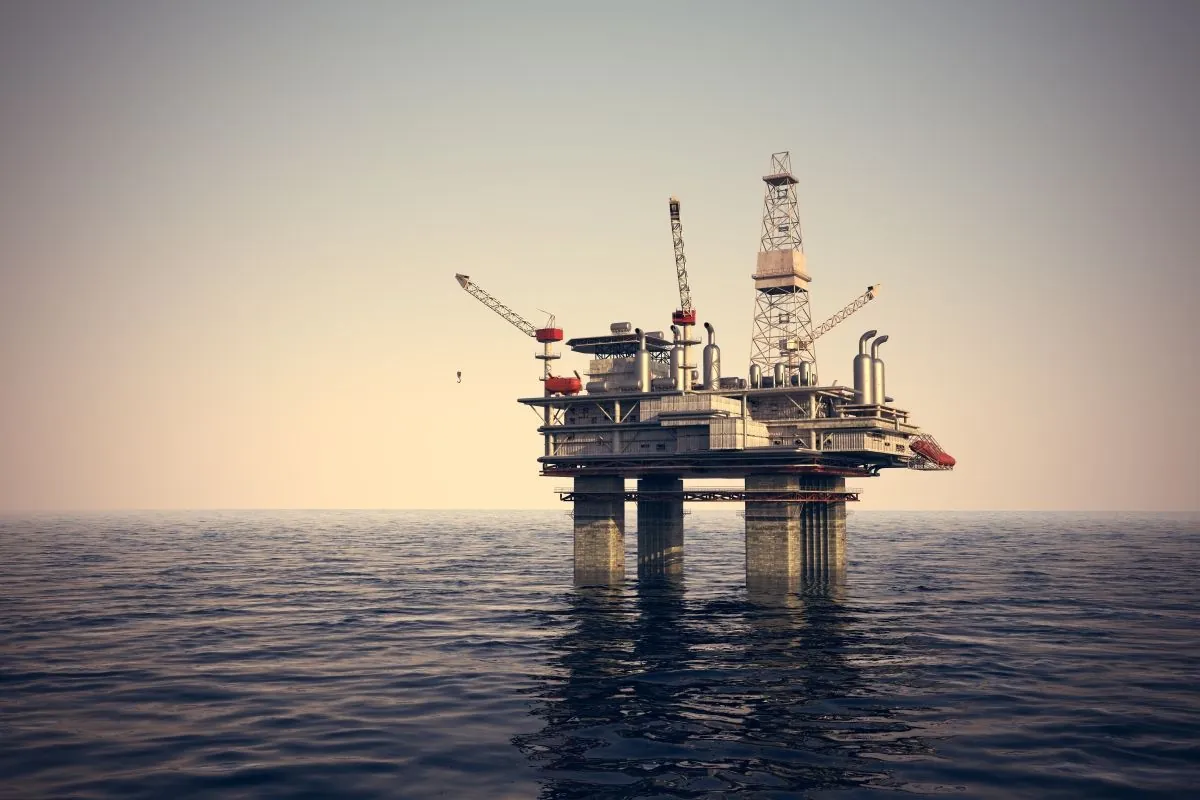UK Energy Secretary Declines to Defend North Sea Oil Projects
Energy Secretary Ed Miliband refuses to contest legal challenges against Rosebank and Jackdaw oil field licenses, potentially halting major North Sea projects and sparking debate on UK's energy future.

In a significant shift in UK energy policy, Energy Secretary Ed Miliband has decided not to contest legal challenges against licenses for two major North Sea oil projects. This decision, made on August 29, 2024, could potentially halt the development of the Rosebank and Jackdaw oil fields, sparking a heated debate about the future of Britain's energy sector.
The Rosebank field, located 60 miles west of the Shetland Islands, is being developed by Equinor and contains up to 500 million barrels of oil. It was originally planned to operate until at least 2050. The Jackdaw field, under development by Shell, was expected to produce 40,000 barrels of oil daily for two decades or more.
This decision follows a landmark ruling by the Supreme Court in June 2023, which mandated that emissions from burning fossil fuels must be considered when approving new drilling sites. Environmental groups Greenpeace and Uplift subsequently secured judicial reviews of oil licenses issued by regulators, including the North Sea Transition Authority.
Claire Coutinho, the shadow energy secretary, criticized the decision, describing it as a "final blow" for the North Sea. She argued that this move could jeopardize £9 billion in tax revenue and 200,000 jobs, as well as billions in clean energy investments.
"No other major economy is shutting down its domestic energy supply as the UK now is. We get roughly half of our gas from the North Sea but we will now be more reliant on imports with higher carbon emissions."
Critics also warn that this decision could have broader implications for the UK's investment climate. Brendan Long, director of research at Zeus Capital, expressed concern about the potential impact on trust in the UK as a reliable jurisdiction for investment.

However, environmental groups have welcomed the government's stance. Mel Evans, Greenpeace UK climate team leader, stated that these permits should never have been granted without proper assessment of their climate impact. Tessa Khan, executive director of Uplift, added that it was "astonishing" that the emissions from burning oil and gas had been overlooked by decision-makers until now.
The UK government's decision aligns with its commitment to reach net zero emissions by 2050. However, it also raises questions about the country's energy security and its increasing reliance on imported energy. The North Sea oil and gas industry has been a significant contributor to the UK economy since the 1970s, and this shift represents a major change in the country's energy landscape.
As the UK continues to promote a transition to renewable energy sources, the fate of these North Sea projects will likely have far-reaching implications for the country's energy policy, economic outlook, and environmental commitments in the years to come.


































